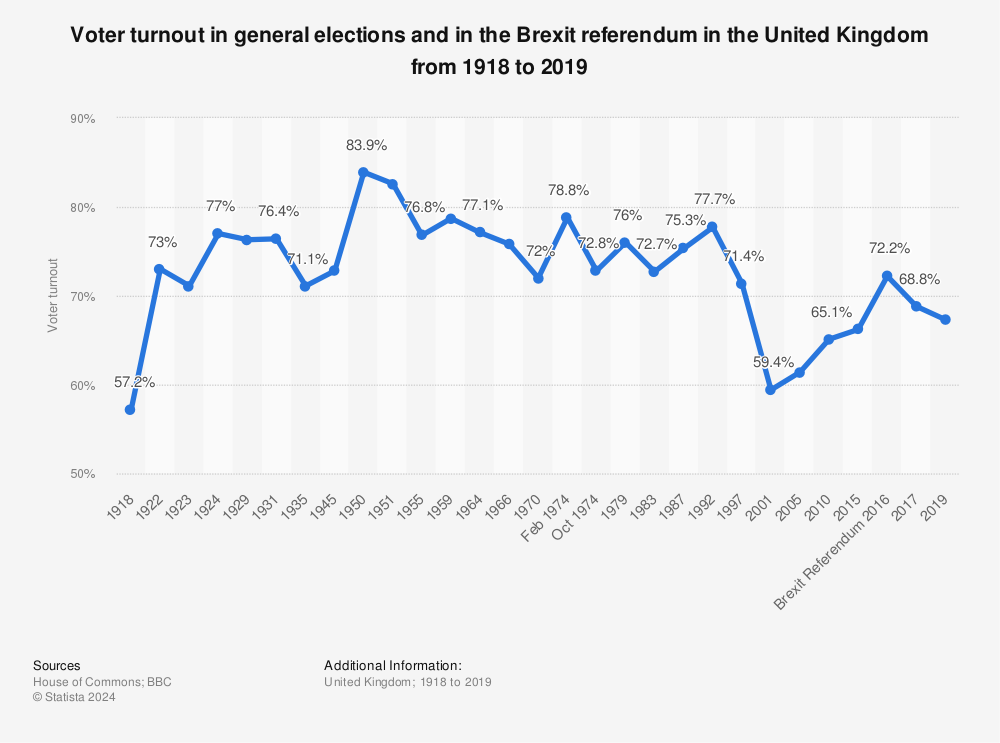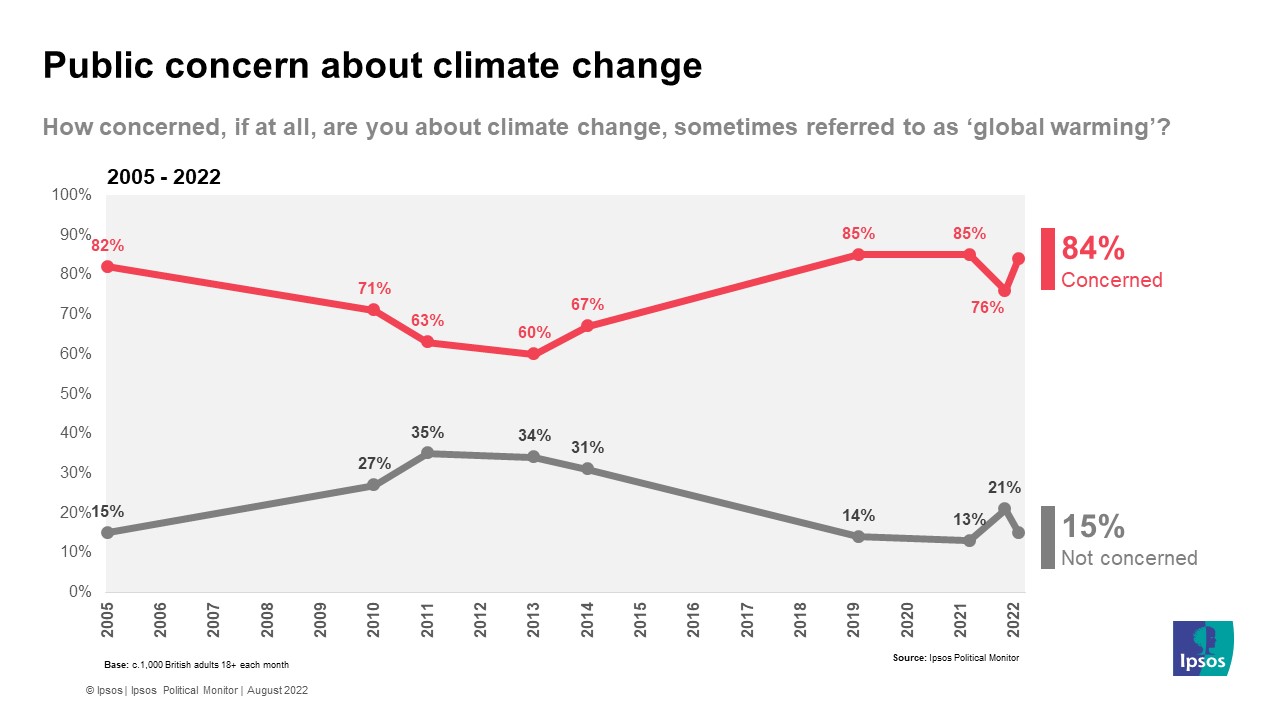Amnesty International secretary general Agnes Callamard has called out the “chilling effect” of Israel’s use of facial recognition surveillance on Palestinians.
Speaking to Middle East Eye, Callamard pointed out the human rights violations inherent in Israel’s discriminatory use of this technology. Her interview follows a detailed report on the issue which Amnesty published in May.
Amnesty International’s Agnes Callamard says the use of AI facial recognition systems to monitor Palestinians in East Jerusalem and Hebron amounts to a form of ‘automated apartheid’.
Watch the interview on The Big Picture podcast: https://t.co/6ns4s1wHy7 pic.twitter.com/kEp27iAu4q
— Middle East Eye (@MiddleEastEye) August 16, 2023
Automated Apartheid
In May, Amnesty published an 81-page report titled Automated Apartheid. It documented how the “previously-unreported” Red Wolf facial recognition system formed:
part of an ever-growing surveillance network which is entrenching the Israeli government’s control over Palestinians.
Callamard told Middle East Eye that the Red Wolf system used by Israeli authorities at military checkpoints in Occupied Palestinian Territories:
has major problematic dimensions. The first one is that it is discriminatory, [it] targets Palestinians only. The second is that it has a chilling effect on freedom of movement, freedom of assembly, possibly, by implication, freedom of speech. It has allowed the Israeli authorities to maintain an enormous database of personal data, all of that in the name of… national security.
Callamard also emphasised that:
Crucially, crucially, that form of surveillance, automated surveillance as we call it, is part and parcel of the way Israeli authorities are maintaining and imposing a system of apartheid. It is part and parcel of the system of control and oppression and discrimination against one racial group, Palestinians, by the Israeli authorities. That is why… we have said this amounts to automated apartheid.
Blue Wolf, Red Wolf
Amnesty’s Automated Apartheid report also noted the ‘gamification’ of surveillance against Palestinians through another system called ‘Blue Wolf’. Operated via a phone app, Blue Wolf incentivised Israeli soldiers to constantly surveil Palestinians.
The Red Wolf system, meanwhile, is being deployed at checkpoints to severely restrict the movement of Palestinians. In June, Amnesty met with the EU Commission in Brussels to discuss Israel’s use of artificial intelligence (AI) to surveil Palestinians. Speaking to Al Jazeera at the time, Amnesty’s Matt Mahmoudi said:
What’s particularly chilling about the way that it’s deployed in the context of the [Occupied Palestinian Territories] is the ways in which it is governing movement, so literally stifling individuals from being able to access basic rights and services… it’s very clear that Palestinians now have to contend with the additional calculus of fear involved in just engaging in everyday activities… We have accounts and testimonies of Palestinian families… noting how in Hebron the incursion of facial recognition technologies is effectively destroying any form of social life.
Facial recognition: ‘a new layer of control’
Breaking the Silence, an Israeli group, collaborated with Amnesty on the report published in May. Former Israeli Defence Force (IDF) soldier Ori Givati from Breaking the Silence told Al Jazeera in June:
When we started hearing about the use of these systems, we are hearing about basically a new layer of control… so, if until now, we have been controlling them only in the physical space… we added another layer which is controlling Palestinians’ digital space… So Palestinian today in the occupied territories is not only feeling like his home might be invaded any moment but also that his most private… information is being controlled by the military
In other words, the use of pervasive electronic surveillance and facial recognition has entrenched even deeper Israel’s military occupation of Palestinians. It has further restricted the freedoms of Palestinians and added yet another level of fear and intrusion as they just try to go about their daily lives.
The discriminatory and disproportionate application of these systems against Palestinians leaves little doubt that what they achieve is not security, as Israel claims. It is, by definition, apartheid.
Featured image via YouTube/ Middle East Eye





 (1/5)
(1/5)
 employment was 75.7%
employment was 75.7%
 On the eve of the close of the public consultation on ticket office closures, join the march to 10 Downing Street
On the eve of the close of the public consultation on ticket office closures, join the march to 10 Downing Street Thursday, August 31st 2023
Thursday, August 31st 2023 
 (@imageplotter)
(@imageplotter)  GB News on YouTube
GB News on YouTube 

 #RefugeesWelcome (he/him) (@geoff2009)
#RefugeesWelcome (he/him) (@geoff2009) 


 marcusxdusty (@marcusxdusty)
marcusxdusty (@marcusxdusty)  #StrongerTogether (@RevBluesSusie)
#StrongerTogether (@RevBluesSusie)  (@andyunite)
(@andyunite) 



 (@bongosaloon)
(@bongosaloon) 
 (@SusanFairweathe)
(@SusanFairweathe)  supplying agency staff to
supplying agency staff to  break.
break. 


 All smiles at Rochester Row this morning.
All smiles at Rochester Row this morning. 
 outside 3 Thomas More Sq, London, E1W 1YW
outside 3 Thomas More Sq, London, E1W 1YW 


 (@merlin2709)
(@merlin2709) 
 NEW | We have written to Home Secretary Suella Braverman to ask for a meeting about our safety concerns on the Bibby Stockholm.
NEW | We have written to Home Secretary Suella Braverman to ask for a meeting about our safety concerns on the Bibby Stockholm.
 brothers
brothers  over-analytical (@OQuill)
over-analytical (@OQuill) 
